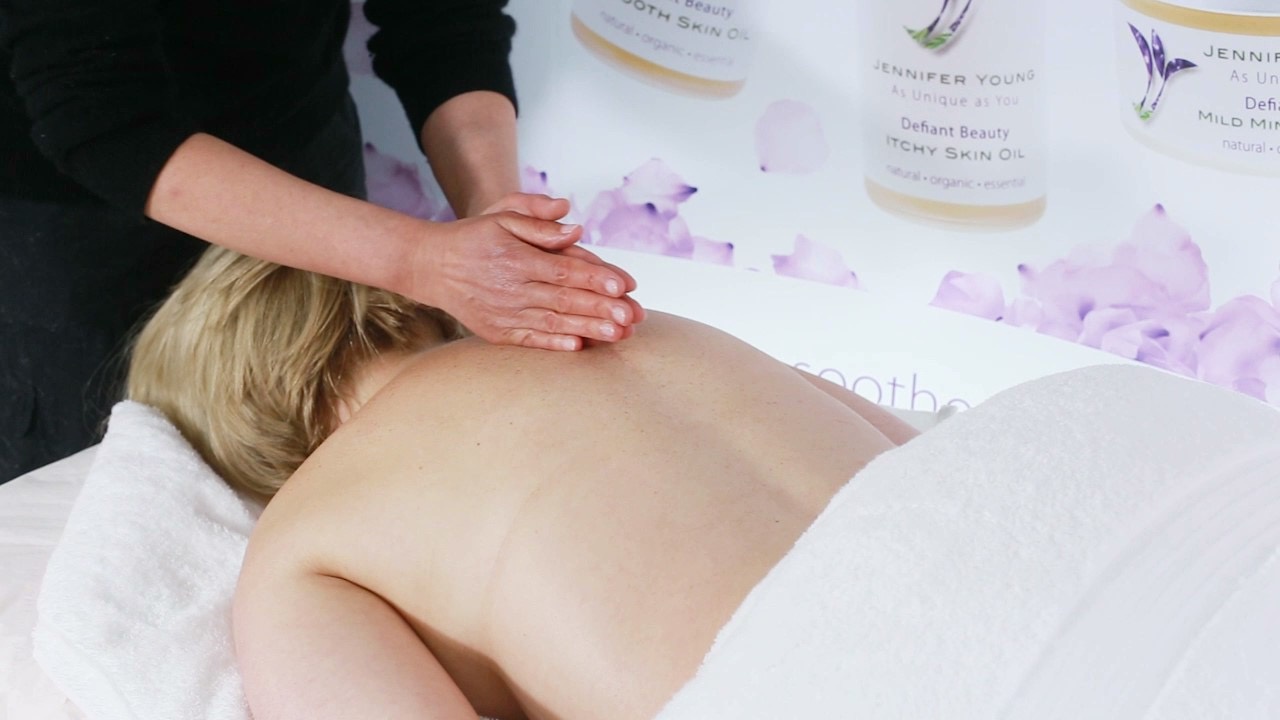
Are Therapists Better Listeners than Doctors?
Aug 23, 2021Having someone to listen to you is an important part of experiencing cancer, and it’s not a part that can solely be taken on by family and friends. There’s a role for doctors, a role for loved ones, but there’s also a grey area and that’s where spa therapists can provide invaluable support.
While spa therapists are clearly not doctors and can’t provide the kind of information that an oncologist can, those who are appropriately trained can offer an empathetic ear to help support individuals in navigating their journey. It’s this middle ground between professional and personal that many people we speak to feel is missing from their communications with doctors, but which is integral to feeling like a person instead of a statistic.
This is certainly not to criticise the work of doctors and everything that they do, and it’s not to claim that our work as therapists is something that it’s not. However, where therapists excel is helping people to feel like people - not like a diagnosis, not like a parent who must put on a brave face, or any other title or role that we adopt as we go through life. Therapists have the power to allow people to be who they are for the time that they’re in the treatment room with us.
A clear head for medical consultations
Many of the cancer patients that we speak to tell us that they don’t feel heard by their doctors. They want to feel supported and informed, yet medical terminology can be very intimidating. It’s an area we discussed on our Beauty Despite Cancer blog in our article, How do I get my doctor to listen to me?
However, to feel heard by a doctor, patients need to be in the right frame of mind to ask questions or to even think of them in the first place. It’s an almost impossible task to do that in comparatively short medical consultations and if/when you have just been given big news. Even outside the consultation room, while individuals will no doubt talk to family and friends about what’s happening or decisions that they need to make, it inevitably becomes emotionally loaded.
What the spa environment can do is help people to clear their heads, have space to think, process their thoughts and consider the questions that they really want answered.
Feeling like a human being
There’s more to feeling heard than simply getting answers to medical questions. For example, we have spoken in the past about how women don’t stop being women because they have cancer. They still want to feel feminine or strong or glamorous or beautiful or sexy - or whatever it is that is important to them.
This issue of having your identity conflated with a cancer diagnosis is a big one and retaining a sense of self really begins by reconnecting with mind and body in a positive way. The power of positive touch goes a long way towards that, so when we as therapists do our consultations with clients who have cancer, our training should ensure that we’re not just listening for the contraindications caused by cancer treatment. It’s also about the things that are important to the individual. It might be their dry skin or their , or it might not be about cancer at all, but just knowing that you’re cognisant of it so that it’s not the elephant in the room.
Listening without words
Sometimes being heard isn’t about saying anything at all. Culturally, we talk a lot about listening to our bodies, but nowhere is that more important and more relevant than in our work as therapists.
Therapists are not expected to be untrained psychologists, but we inevitably play a role where we support people and help them to get what they need at a difficult time. That might be energy, it might be better sleep, it might be helping to ease nausea, it might be nourishing the skin and nails.
So much of what we do with touch therapy has an emotional impact. Therapists are intuitive and caring by nature, and without having to do anything more than our jobs we can provide a powerful form of listening. We do this through scent tests, through asking appropriate questions in consultations to make sure we’re mitigating risk, by providing a treatment that really meets the needs of the client and by seeking out the appropriate training (and communicating it) to make someone feel secure in the knowledge that they are safe in your hands.
If we think about it, the job we do, when we do it well, is really all about listening, especially at a time when someone really needs to be heard.
Oncology touch therapy training should teach you to understand cancer, the treatments and the side effects, as well as how to talk to those affected by cancer appropriately, listening to their needs to understand how your consultation process informs the treatment you offer. The Jennifer Young Training School teaches you to deliver the restorative, memorable treatment that your client deserves. Read more about training here.

